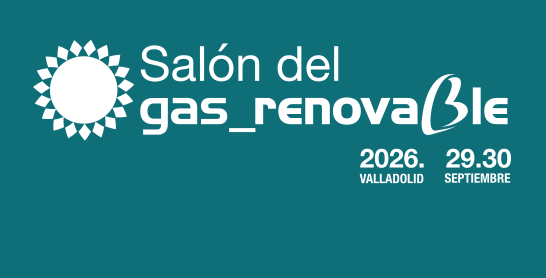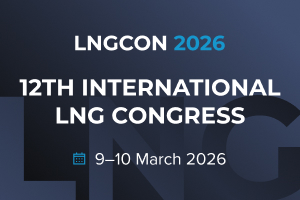DHL Supply Chain invests €80m in biomethane production facility
The new facility is expected to provide fuel for up to 150 trucks, resulting in an estimated annual carbon reduction of 15,000 tonnes, the equivalent of more than 38 million miles driven by an average petrol-powered passenger vehicle.
DHL has joined forces with Tesco Ireland. To support the initial vehicle roll-out and whilst production ramps up, DHL will subsidise the biomethane from other sources.
Once the new facility is fully functioning, DHL will operate 92 locally fuelled biomethane trucks across Tesco's country-wide network.
The biomethane production site at Little Island, Cork, owned and operated by Stream BioEnergy, will process 90,000 tonnes of industry and consumer food waste per annum which could otherwise have been sent to landfill.
The deployment of biomethane at scale requires no infrastructural upgrades to Ireland’s existing gas grid and given its capacity to be carbon neutral, biomethane is a flexible, cost-effective way to decarbonise commercial road transport.
Managing director of DHL Supply Chain, Ireland, Ciaran Foley said: "We are extremely proud to be enhancing renewable energy production here in Ireland and our collaboration with Tesco marks a significant step in our shared journey towards achieving net-zero emissions.
"Our customers' transport networks are a vital focus area when looking at how they can achieve their overall sustainability goals so by making alternative fuels a reality we can really prove our value as a strategic partner."
Tesco Ireland's retail and distribution director Ian Logan said: "We have one of the most sophisticated distribution networks in the country, and improving its efficiency and environmental impact will play an important role in our journey to net zero. Our current HGV transport fleet makes over 2,000 trips weekly, serving our growing network of 166 stores nationwide, so moving to a cleaner fuel in our value chain will play a vital role in achieving this.
"DHL's credentials in leveraging renewable transport solutions are complimented by our own strong commitment to embracing sustainable practices and driving down our emissions. We are both committed to promoting collective environmental objectives; and to advance our ambition to achieve net zero in our value chain by 2050, and indeed in our own operations by 2035."

















